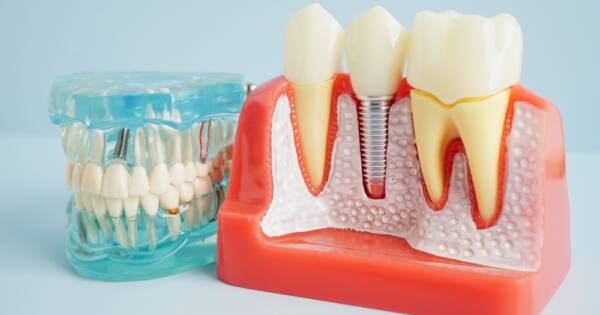Heart disease is the leading cause of death in the United States, but many treatments and lifestyle changes can help manage or prevent it. Medications, medical procedures, and healthy habits can lower risks and improve heart health. Understanding how to protect your heart can lead to a longer, healthier life. Get to know effective treatments and lifestyle choices that support heart health and reduce the chances of serious complications.
Medical Treatments for Heart Disease
Doctors use different treatments to manage heart disease, depending on the type and severity of the condition. These treatments can include medications, medical procedures, and even surgery.
Medications
Several types of medications help control heart disease. Some lower blood pressure, while others reduce cholesterol or prevent blood clots. Common medications include:
- Statins – Reduce cholesterol buildup in arteries.
- Beta-blockers – Lower heart rate and blood pressure.
- ACE inhibitors – Relax blood vessels to improve blood flow.
- Blood thinners – Prevent clots that can lead to heart attacks or strokes.
Doctors prescribe these medications based on each patient’s condition and medical history. Regular checkups ensure the drugs are working correctly and not causing side effects.
Medical Procedures and Surgeries
When medications are not enough, doctors may recommend medical procedures to restore blood flow or repair damage. Some common procedures include:
- Angioplasty and stents – A thin tube is inserted into a blocked artery to open it up. A small metal mesh (stent) is placed to keep the artery open.
- Coronary artery bypass grafting (CABG) – Surgeons use a healthy blood vessel from another part of the body to bypass a blocked artery.
- Pacemakers – Small devices implanted under the skin help control irregular heartbeats.
These procedures can improve blood circulation and reduce the risk of heart attacks.
Healthy Lifestyle Changes
Lifestyle choices play a big role in heart disease prevention and management. Even small changes can improve heart health and lower risks.
Healthy Eating Habits
A heart-healthy diet helps control blood pressure, cholesterol, and weight. The best diet for heart health includes:
- More fruits and vegetables – Rich in vitamins, minerals, and fiber.
- Whole grains – Help lower cholesterol and support digestion.
- Lean proteins – Fish, beans, and nuts provide heart-friendly protein.
- Less salt and sugar – Too much salt raises blood pressure, and added sugars increase the risk of obesity and diabetes.
Avoiding processed foods and fried meals can also improve heart health. Cooking at home with fresh ingredients is a great way to control what goes into your meals.
Regular Physical Activity
Exercise strengthens the heart and improves circulation. The American Heart Association recommends at least 150 minutes of moderate exercise each week. Good options include:
- Walking – A simple way to stay active and improve heart health.
- Swimming – A low-impact workout that strengthens the heart.
- Cycling – Boosts endurance and improves blood flow.
Even small amounts of movement throughout the day, like taking the stairs instead of the elevator, can help.
Managing Stress and Sleep
Stress and lack of sleep can harm the heart over time. Stress increases blood pressure, while poor sleep affects overall health. Ways to reduce stress include:
- Deep breathing exercises – Help calm the nervous system.
- Meditation – Lowers stress and promotes relaxation.
- Spending time in nature – Helps clear the mind and lower anxiety.
For better sleep, aim for 7-9 hours each night and avoid screens before bed. A regular sleep schedule supports heart health.
Quitting Smoking and Limiting Alcohol
Smoking is one of the biggest risk factors for heart disease. It damages blood vessels, raises blood pressure, and reduces oxygen in the blood. Quitting smoking immediately lowers the risk of heart problems, no matter how long someone has smoked.
Alcohol also affects heart health. While small amounts may have some benefits, too much alcohol raises blood pressure and increases the risk of irregular heartbeats. Moderation is key, with recommended limits of:
- One drink per day for women
- Two drinks per day for men
The Power of Preventive Care
Regular doctor visits help detect heart problems early. Blood pressure, cholesterol, and blood sugar tests can catch warning signs before they turn into serious conditions.
Heart disease runs in some families, making preventive care even more important. A doctor can provide a personalized plan based on risk factors.
Taking Charge of Heart Health
Heart disease is serious, but many treatments and lifestyle changes can reduce risks and improve overall health. Medications and procedures help manage conditions, while healthy habits support long-term heart health.
Eating well, staying active, managing stress, and quitting smoking all play a key role. Taking small steps every day can lead to a healthier heart and a longer life.




